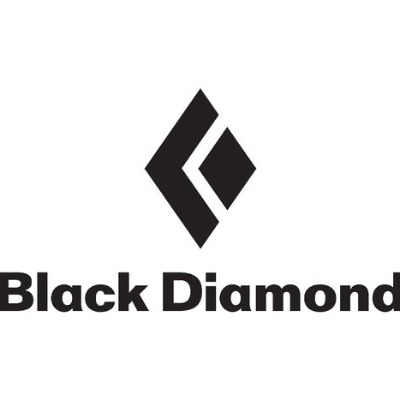Haglofs Works To Ensure Fair Treatment In Its Factories

The textile industry provides employment and development opportunities to millions of workers around the world. But labor and human rights are not universally applied. Haglöfs aims to have a positive impact on all employees, workers, and consumers throughout its supply chain – and has been a member of the non-profit organization Fair Wear for ten years.
In Fair Wear’s annual performance check for 2021, Haglöfs maintained its ‘leader’ status for the work carried out around fair treatments in its factories.
“As a responsible performance outdoor brand, it is crucial for Haglöfs to show responsibility in our supply chain. The working conditions and salaries in the textile industry need to improve significantly, and that is true even for a Fair Wear leader. It is therefore important that we keep making progress and improving the conditions in our factories year after year,” says Fredrik Ohlsson, CEO of Haglöfs.
Working with factories to make continuous improvements
Fair Wear works with brands, factories, trade unions, NGOs, and governments to improve garment workers’ conditions. Haglöfs’ long-standing membership in Fair Wear underpins the company’s social responsibility initiatives in its factories. Haglöfs has a rigorous process for assessing new factories and for monitoring and making continuous improvements in the existing ones. Fair Wear supports Haglöfs with audits, trainings, a worker helpline, and local expertise in labor and human rights.
It is also important for Haglöfs to pool a larger share of its production in a small number of factories and establish long-term relationships with them. In 2021, the company had worked for more than five years with almost 50 per cent of its factories.
“We want to be a business partner and work together with fewer factories for a longer time, as it is the best way to place demands and drive change when necessary. If we find out about any shortcomings in a factory, we want to stay and support the workers in realizing their rights to safe, dignified and properly paid employment,” says Fredrik Ohlsson.













